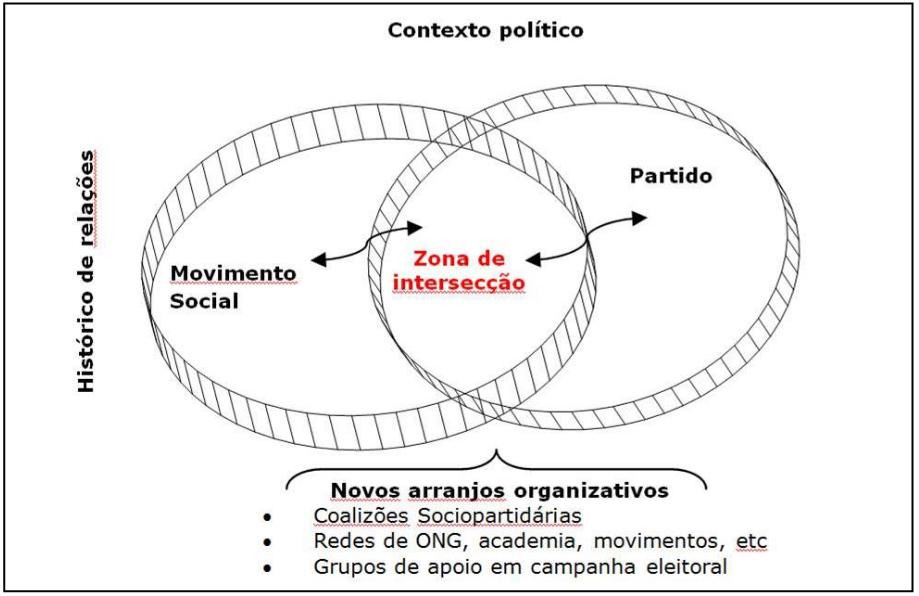Abstract
This article aims to contribute to the theoretical debate over the relationship between social movements and political parties. The analysis presented relies on a case study of the relationship between the feminist movement and the party system in Nicaragua, during the country's democratic development between 1974 and 2012. The field research was done from 2011 to 2014 and consisted of interviews with leaders of the feminist movement and the various political parties, analysis of key documents, and participant observation in several of the movement's events. In order to respond to certain empirical challenges, this article advances two key debates on the modular nature of autonomy and the intersection zone. In the first debate, we highlight the historical, strategic, and relational nature of autonomy. In the second, we focus on the mutual impacts of this relationship on the actors and political context
social movements; party politics; feminism; Nicaragua

 Fonte: Meza (2015, p, p. 198).
Fonte: Meza (2015, p, p. 198).